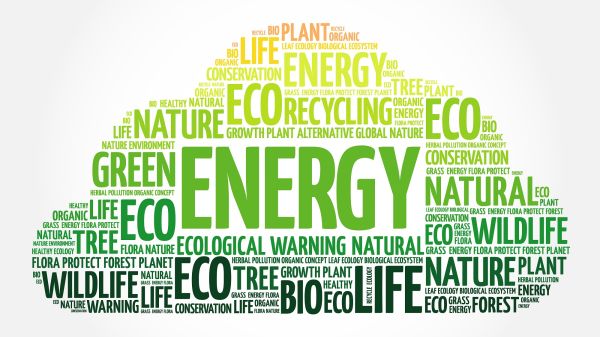Engaging Your Community in Deliberation – Energy Choices: What Should We Do About America’s Energy Future?

The North American Association for Environmental Education (NAAEE) and Kettering Foundation have recently released Energy Choices: What Should We Do About America’s Energy Future? This guide for deliberative forums takes on the complex network of economic, environmental, and political issues around meeting our substantial appetite for energy.
About two years ago, when NAAEE renewed its long-standing partnership with the Kettering Foundation, we committed to promoting a deeper understanding and practice of deliberation among our 17,000 members and affiliations in more than 30 countries. Our first collaboration was to develop the Climate Choices: How Should We Meet the Challenges of a Warming Planet? issue guide. Even before that guide was released in Spring 2016, we heard requests for a guide on energy issues that could be used independently or as a companion to Climate Choices.
Our new framework adapts the 2014 National Issues Forums (NIF) America’s Energy Future issue guide to reflect the changing energy landscape—including how domestic production from oil, natural gas, and renewable sources has helped the United States move closer to energy independence. Additionally, it addresses concerns about carbon pollution from fossil fuels and the proliferation of new technologies for power production, vehicle fuels, and energy efficiency.
The issue guide, in an easy to use “placemat” format, along with the post-forum questionnaire and moderator guide, are available at nifi.org/en/issue-guide/energy-choices. In addition, you can sign up to host, participate in, and learn to moderate online forums using the Common Ground for Action platform. Other resources, including advice about using Energy Choices with high school and middle school classes, are on NAAEE’s website at NAAEE.org/eif.
As with everything else we do in the Environmental Issues Forums partnership, we want to learn as much as we can from Energy Choices forums. Please take advantage of the post-forum participant and moderator questionnaires, and share your results online or by mail at the address on the form. We also invite you to join our informal research group, which includes practitioners engaged in learning together about deliberative practices.
For more information about Environmental Issues Forums, visit our website or email Bora Simmons at borasimmons@gmail.com.